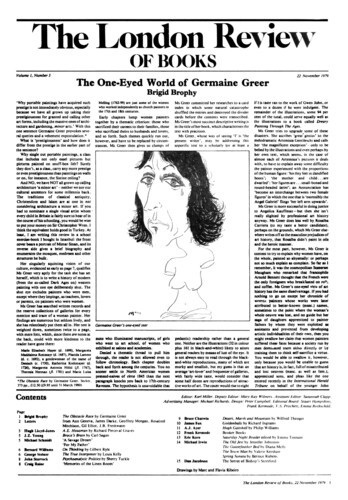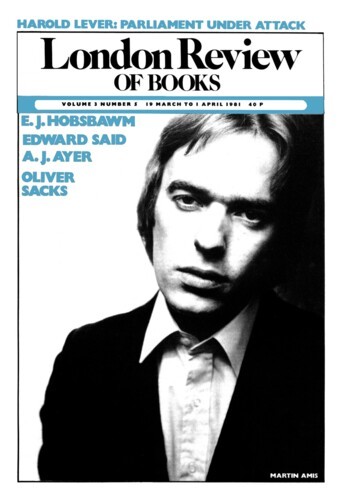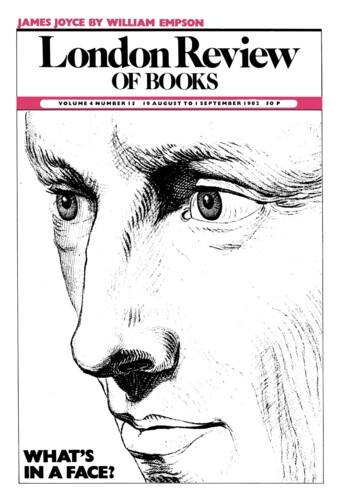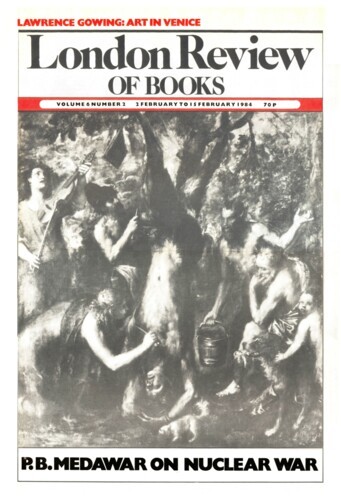Ego’s End
John Sturrock, 22 November 1979
Sherry Turkle has written a reasonable, useful and heroically neutral book on the Lacan phenomenon: the sudden celebrity in France as maître à penser of Jacques Lacan, an elderly psychoanalyst whose writings are of a unique, some would say repellent difficulty. Venerated on the one side as the foremost agent of ideological subversion, reviled on the other as an intolerable, conceited obscurantist, Lacan is a living symbol of division between opposed temperaments, parties and generations. In order to account for his boisterous if tardy emergence into public life, Ms Turkle, who is a sociologist, recalls the remarkably unimpressive history of the psychoanalytical movement in France and Lacan’s own virulently dissident role within and without it. Sociology is not always so dramatic: she has made of Lacan an exemplary as well as a fascinating protagonist, and is both precise and comprehensive in her analysis of the radical cast of mind in contemporary Paris.





